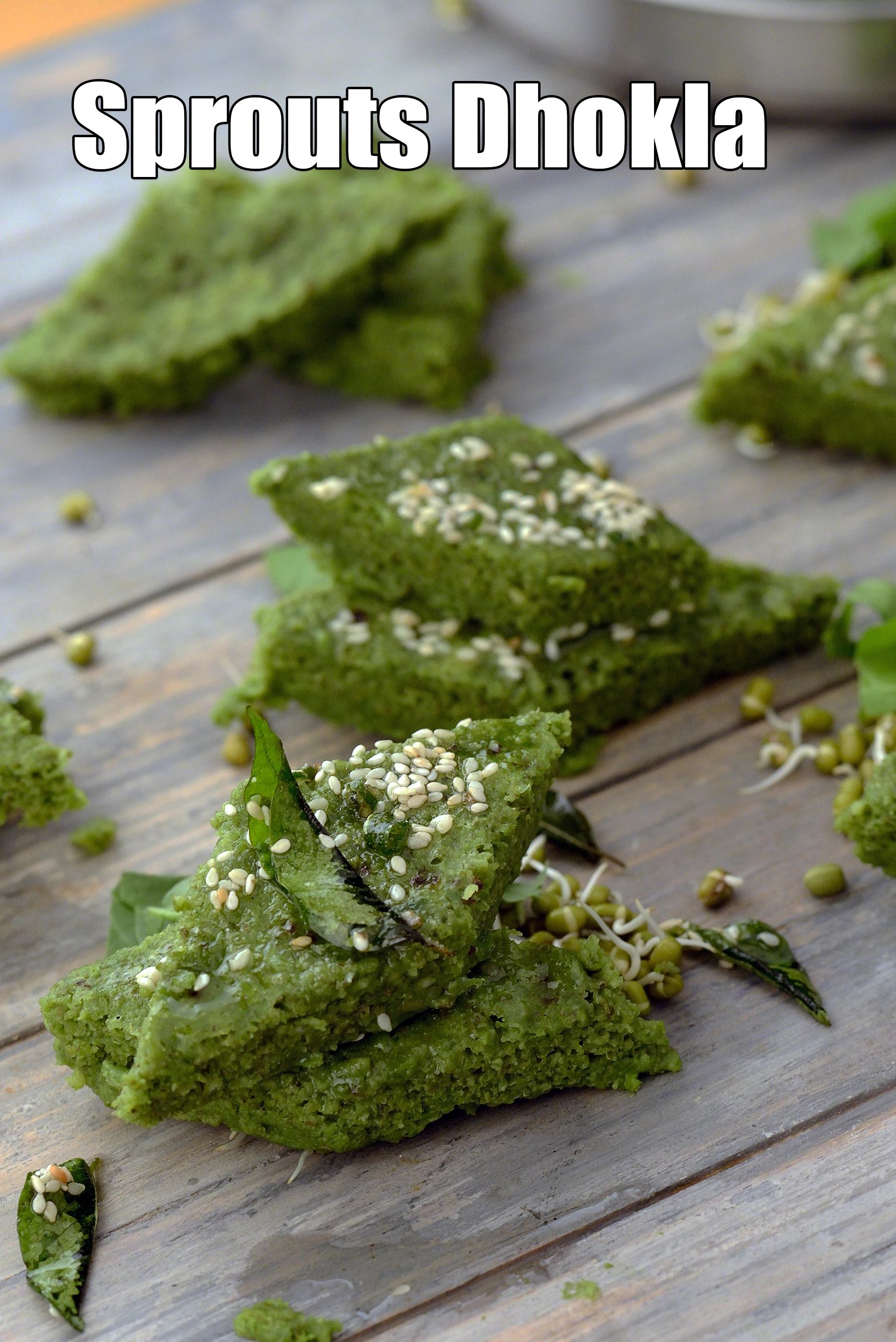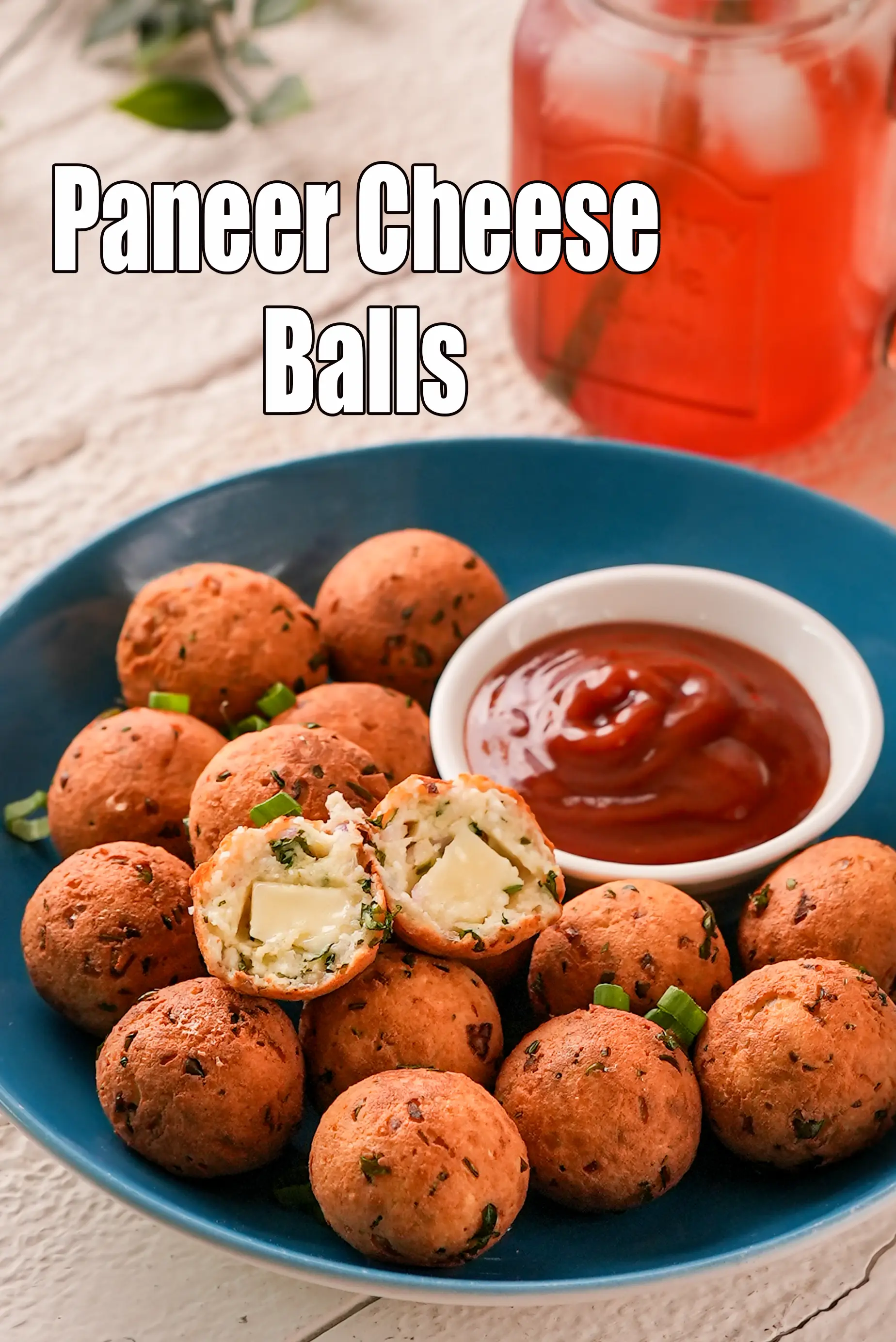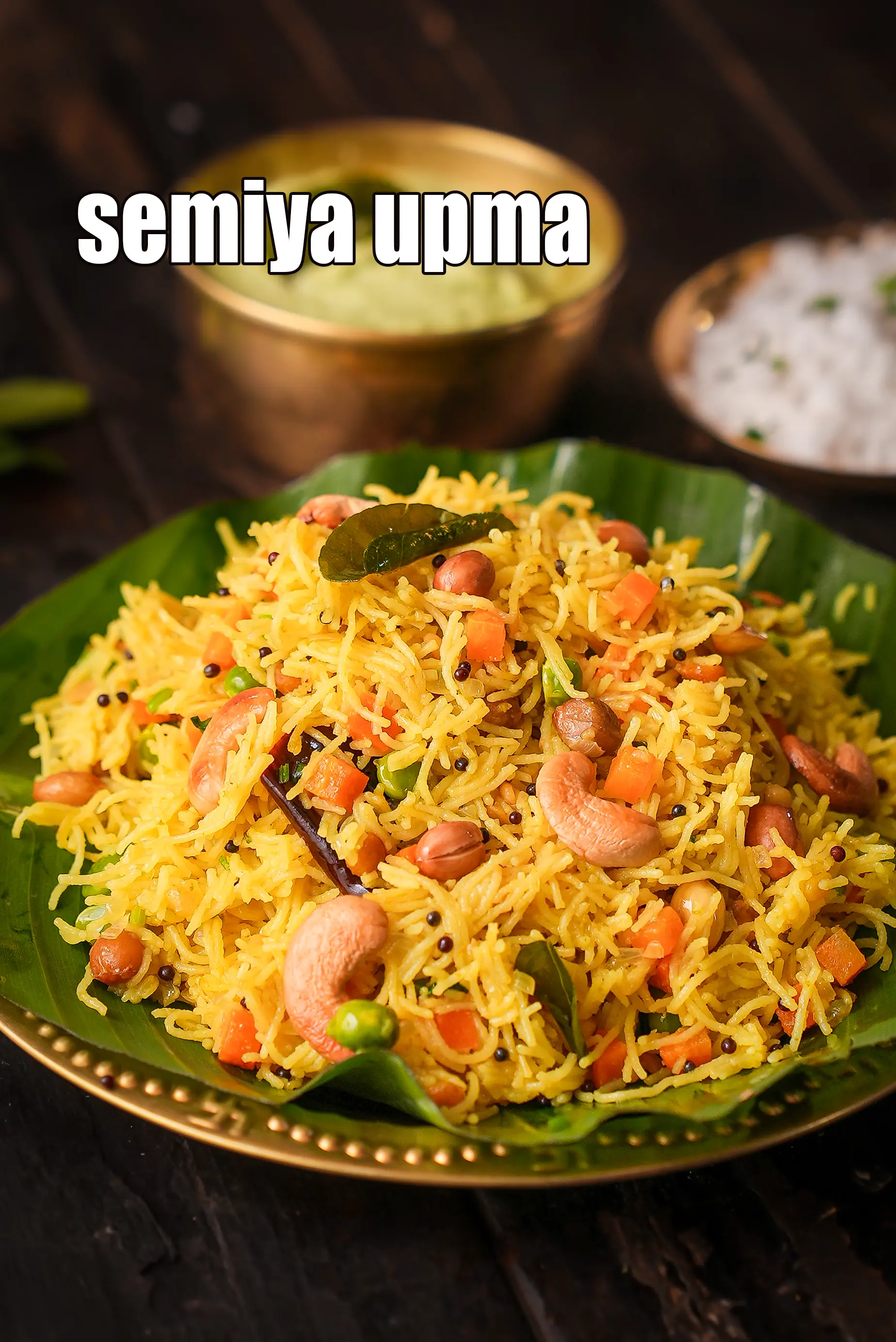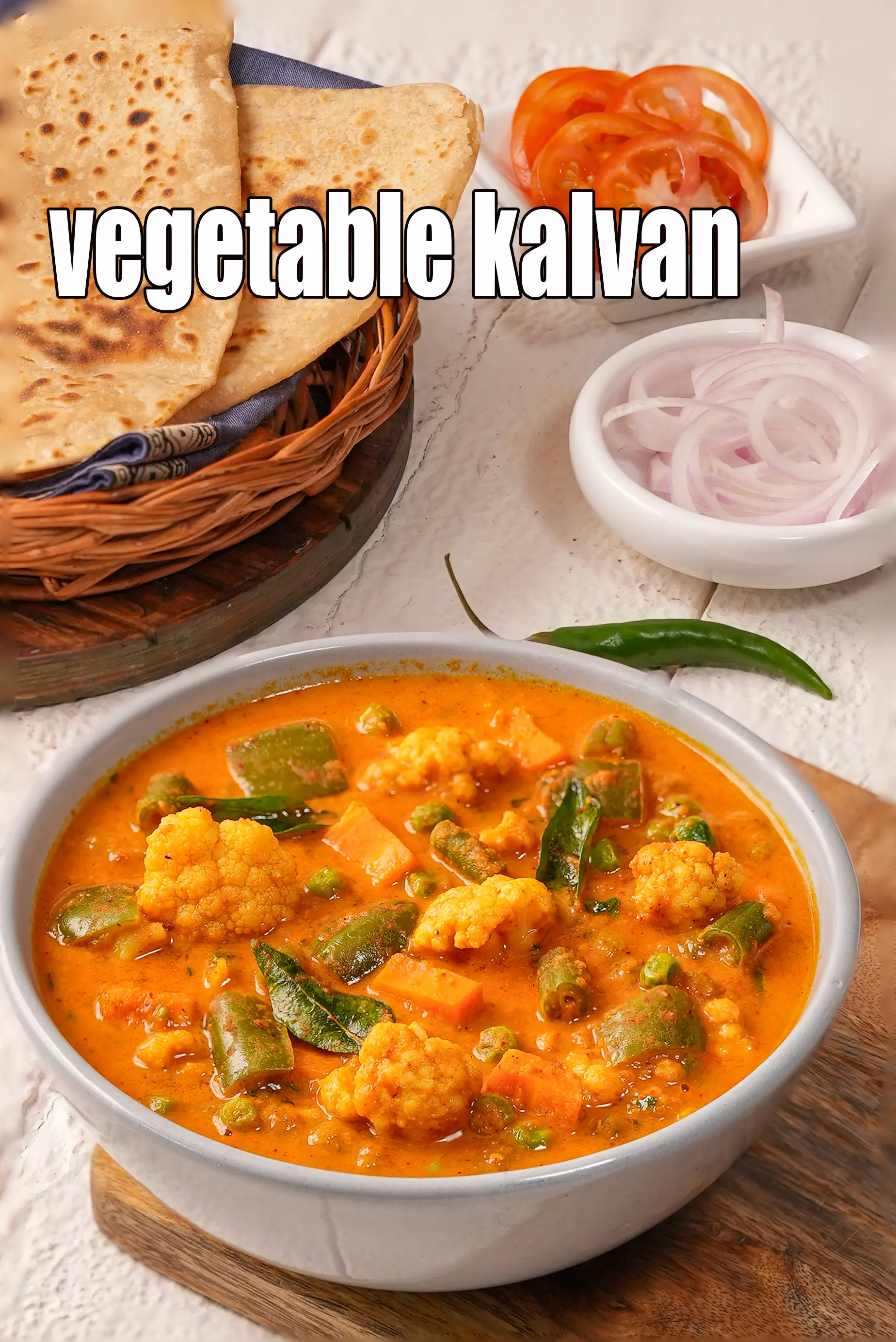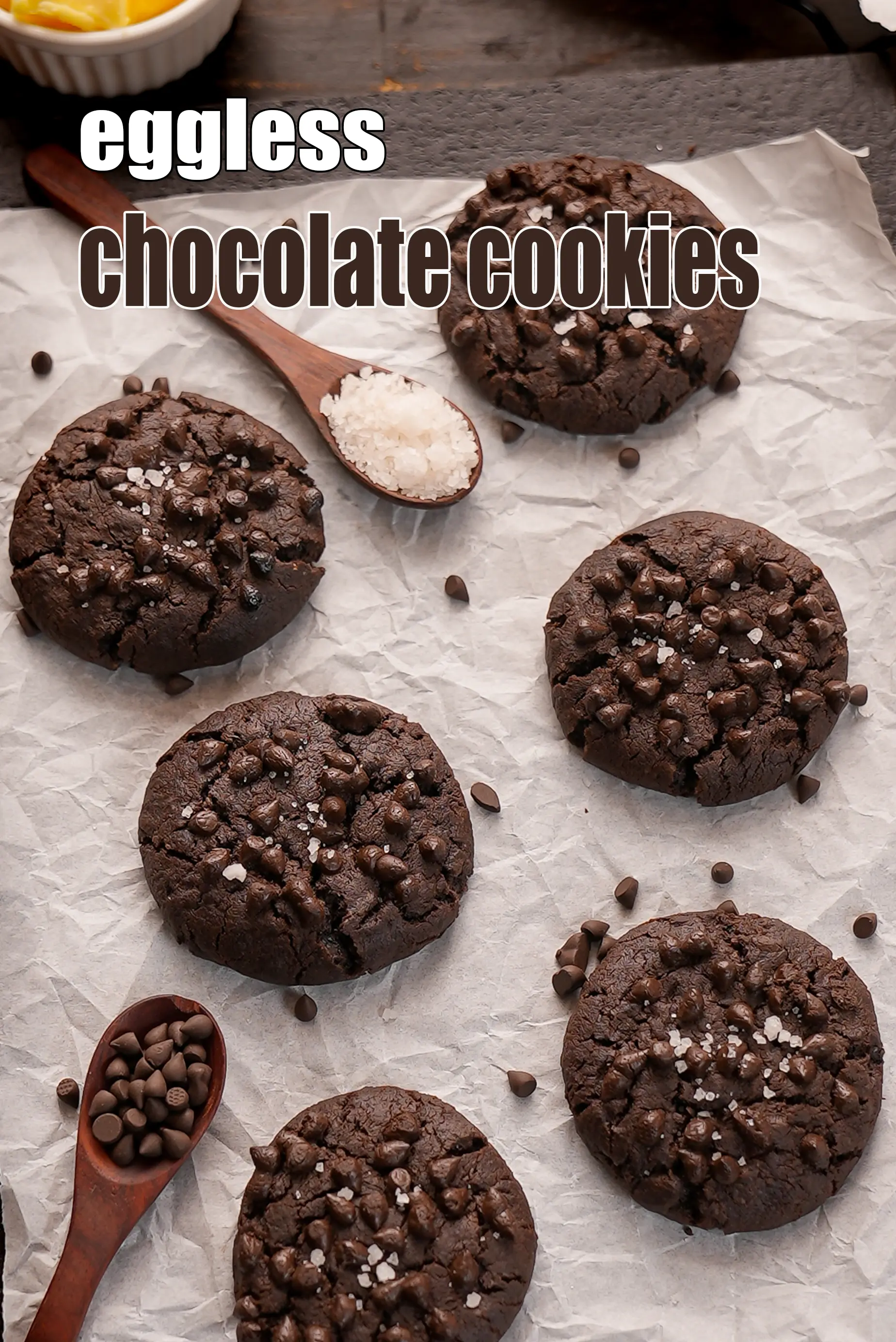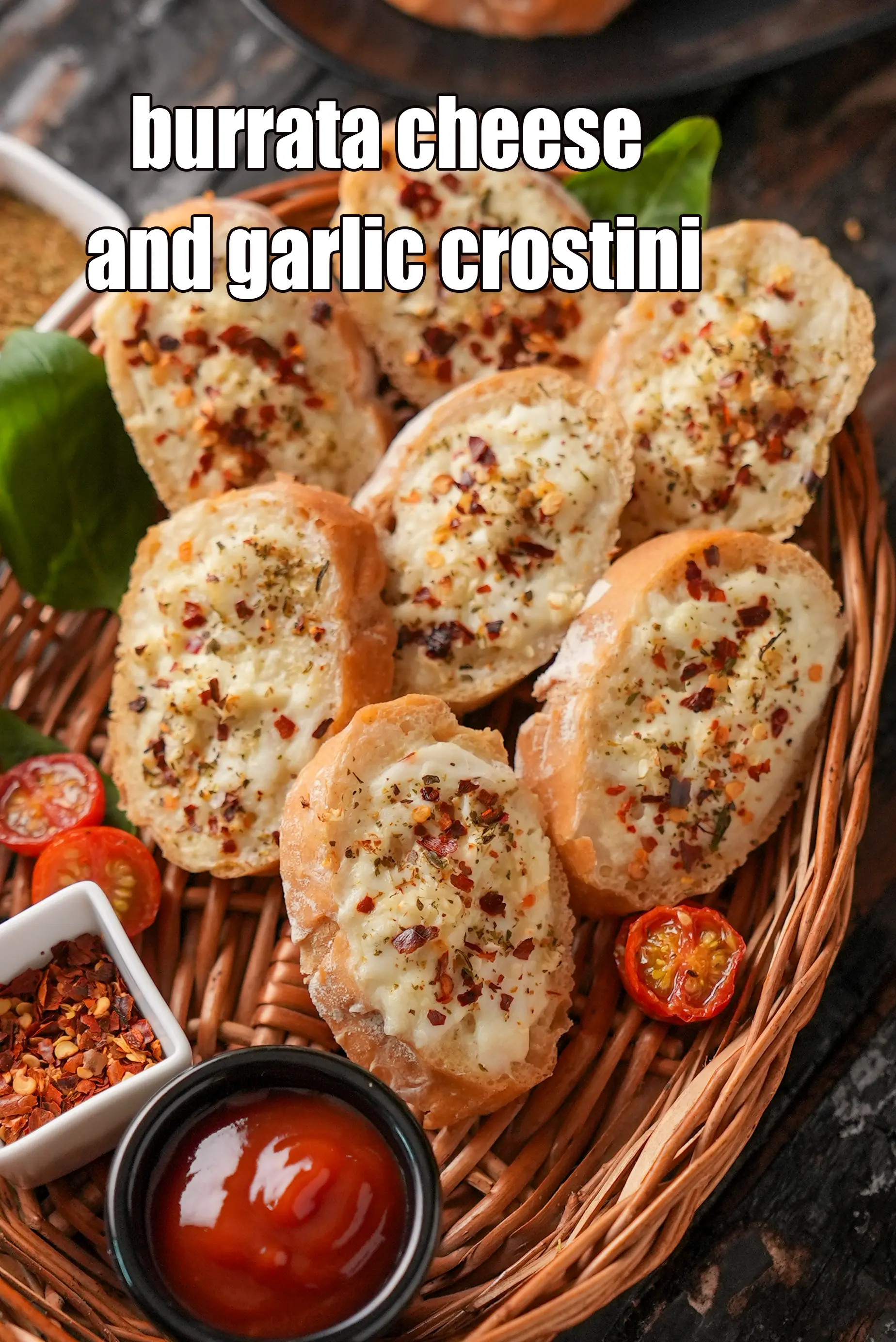You are here: Home> Course > Main Course Recipes > One Meal Dinner > Cucumber and Carrot Curd Rice
cucumber and carrot curd rice recipe | Indian carrot cucumber curd rice | South Indian curd rice with carrots | cucumber carrot curd for acidity |

Tarla Dalal
06 December, 2024
-10580.webp)
Table of Content
cucumber and carrot curd rice recipe | Indian carrot cucumber curd rice | South Indian curd rice with carrots | cucumber carrot curd for acidity is a simple everyday fare in many South Indian homes. Learn how to make Indian carrot cucumber curd rice.
To make cucumber and carrot curd rice, heat the oil in a non-stick pan and add the cumin seeds. When the seeds crackle, add the urad dal, asafoetida and curry leaves and sauté on a medium flame for 1 minute. Pour the tempering over the rice mixture and mix well. Serve immediately.
Who can resist a bowlful of cool Indian carrot cucumber curd rice on a hot summer’s day? And if you suffer from acidity, then this soothing bowlful is more than tasty – it is nothing short of ambrosia for you! Curd is known to be probiotic and thus aids in digestion.
When reinforced with carrots and cucumber, the curd rice gets all the more pleasing for your stomach and taste buds because cucumber is considered one of the best vegetables for combating acidity. Further this cucumber carrot curd for acidity recipe makes use of cumin seeds for tempering, which too is known for its digestive properties. However, indulge in this recipe if curd suits you and doesn’t cause acidity.
You will notice that the proportion of alkaline veggies is much more than the amount of rice in this South Indian curd rice with carrots, which is a wonderful step to avoid and alleviate acidity.
Tips for cucumber and carrot curd rice. 1. Ensure that each grain of cooked rice is separate to enjoy its mouthfeel. 2. For those who suffer from extreme acidity, we suggest you avoid the use of green chilli paste. 3. Ensure that the curd is fresh, as sour curd can aggravate acidity. 4. If you wish, you can refrigerate this rice and serve it later.
Enjoy cucumber and carrot curd rice recipe | Indian carrot cucumber curd rice | South Indian curd rice with carrots | cucumber carrot curd for acidity | with step by step photos.
Tags
Preparation Time
15 Mins
Cooking Time
2 Mins
Total Time
17 Mins
Makes
4 servings
Ingredients
To Be Mixed Together For The Rice Mixture
1 cup chopped cucumber
1 cup grated carrot
1 1/2 cups chilled whisked curds (dahi)
3/4 cup steamed rice (chawal) , cooled and mashed slightly
1/4 cup chopped coriander (dhania)
1/4 tsp green chilli paste
salt to taste
Other Ingredients For Cucumber and Carrot Curd Rice
1 tsp oil
1 tsp cumin seeds (jeera)
1 tbsp urad dal (split black lentils)
1/4 tsp asafoetida (hing)
Method
- Heat the oil in a non-stick pan and add the cumin seeds.
- When the seeds crackle, add the urad dal, asafoetida and curry leaves and sauté on a medium flame for 1 minute.
- Pour the tempering over the rice mixture and mix well.
- Serve immediately. .
Cucumber and Carrot Curd Rice recipe with step by step photos
-
-
If you like cucumber and carrot curd rice, then also try other stomach friendly recipes like
- potato bajra pancake recipe | gluten free bajra potato pancake | bajra aloo cheela | pearl millet pancake | with 20 amazing images.
- minty apple salad recipe | healthy mint apple salad | apple pudina salad | mint and apple salad with lemon ginger dressing | with 18 amazing images.
- bajra khichdi recipe | Rajasthani bajra khichdi | healthy black millet Indian khichdi | with 20 amazing images.
-
If you like cucumber and carrot curd rice, then also try other stomach friendly recipes like
-
- Cucumber and carrot curd rice is made of 1 cup chopped cucumber, 1 cup grated carrot, 1 1/2 cups chilled whisked fresh curds (dahi), 3/4 cup steamed rice (chawal) , cooled and mashed slightly, 1/4 cup chopped coriander (dhania), 1/4 tsp green chilli paste, salt to taste, 1 tsp oil, 1 tsp cumin seeds (jeera), 1 tbsp urad dal (split black lentils), 1/4 tsp asafoetida (hing) and 6 curry leaves (kadi patta).
-
-
To cook rice, we need raw rice. Whether purchasing rice in bulk or in a packaged container, make sure that there is no evidence of moisture and dirt in the rice. The grains should look uniform in shape, size and colour.
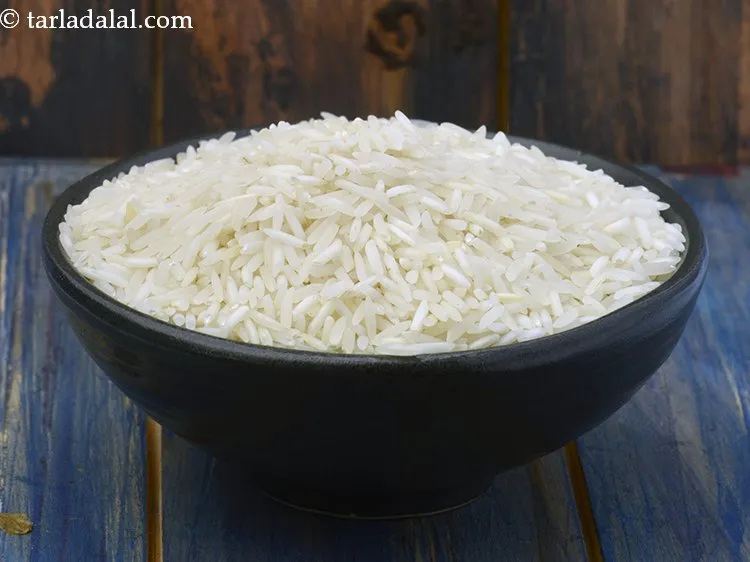
![]()
-
Clean and wash 1 1/4 cups raw rice (chawal) thoroughly with enough water.
-2-191337-2-191330.webp)
![]()
-
Add 3 cups of water to the rice and soak it for 30 minutes. Click here for detailed recipe of how to cook rice perfectly.
-3-191337-3-191330.webp)
![]()
-
To cook rice, we need raw rice. Whether purchasing rice in bulk or in a packaged container, make sure that there is no evidence of moisture and dirt in the rice. The grains should look uniform in shape, size and colour.
-
-
For the rice mixture of cucumber and carrot curd rice recipe | Indian carrot cucumber curd rice | South Indian curd rice with carrot, place 1 cup chopped cucumber in a deep bowl. Prefer to chop it finely.
-1-191474-1-191331.webp)
![]()
-
Add 1 cup grated carrot to it. Carrots have the nutrient Beta Carotene which is a form of Vitamin A, helps prevent deterioration of the eye as one gets older and prevents night blindness. Carrot is great for the eyes.They relieve constipation, lower blood pressure, have fibre and lower cholesterol. Read the 11 super benefiits of carrots and why to include in your daily diet.
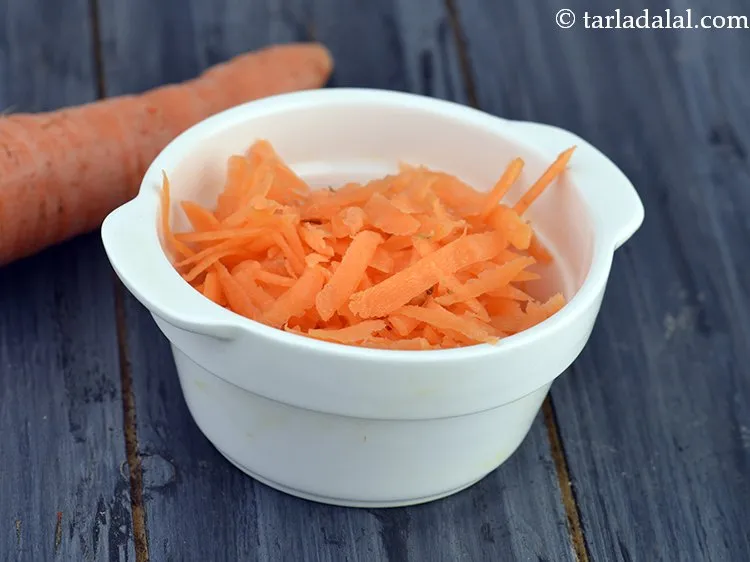
![]()
-
Add 1 1/2 cups chilled whisked fresh curds (dahi). Whisk it well so no lumps remain. This makes it easy to mix with the rice. Curds help in digestion as it has very good bacteria. Probiotics in curds acts as a mild laxative but, in case of diarrhoea and dysentery, it is a boon, if curd is used with rice. Curd is one of the richest source of protein, calcium and minerals. They help in weight reduction, good for your heart and build immunity. Being low in sodium, it is safe to be eaten by individuals with high blood pressure. The only difference between curds and low fat curds is the fat level. Read the benefits of curds to include in your daily diet.
-3-191331.webp)
![]()
-
Add the 3/4 cup steamed rice (chawal), cooled and mashed slightly. You can cook rice or use left over rice.
-7-191338-4-191331.webp)
![]()
-
Add 1/4 cup chopped coriander (dhania). Coriander is a fresh herb often used as a flavour enhancer in Indian cooking. It is mainly used as a garnish. This is the best way to use it - no cooking. This preserves its vitamin C content which helps to build our immunity and bring that sparkle to the skin. The antioxidants vitamin A, vitamin C and the quercetin present in coriander works towards strengthening our immune system. Coriander is a fairly good source of iron and folate – the 2 nutrient which help in the production and maintenance of red blood cells in our blood. Good for reducing cholesterol and good for diabetics. Read 9 benefits of coriander to understand details.
-5-191331.webp)
![]()
-
Add 1/4 tsp green chilli paste. This helps to enhance the flavour of the cucumber and carrot curd rice recipe | Indian carrot cucumber curd rice | South Indian curd rice with carrot. Antioxidant vitamin C in green chillies protects the body from effects of harmful free radicals and prevents stress. It is probably the high fiber which helps in controlling blood sugar levels. This it is a welcome addition to a diabetic diet. Suffering from anaemia? Add green chillies to your list of iron rich foods too. For complete details see benefits of green chilli.
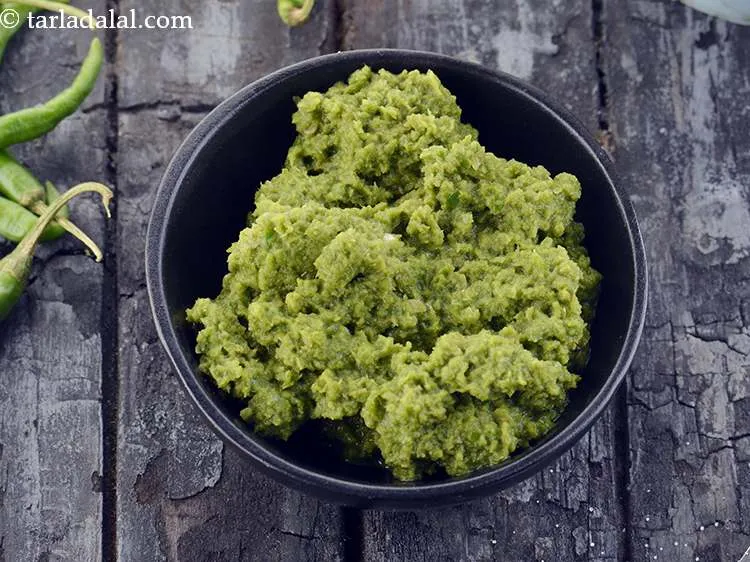
![]()
-
Add salt to taste. Note that if you have added salt while making rice, then add very little salt at this stage.

![]()
-
Mix well using a spoon. The rice mixture is ready.
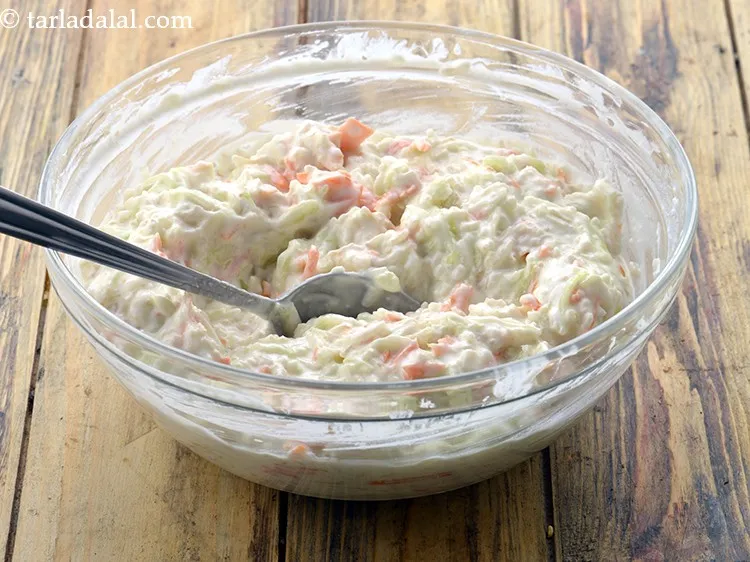
![]()
-
For the rice mixture of cucumber and carrot curd rice recipe | Indian carrot cucumber curd rice | South Indian curd rice with carrot, place 1 cup chopped cucumber in a deep bowl. Prefer to chop it finely.
-
-
For the cucumber and carrot curd rice recipe | Indian carrot cucumber curd rice | South Indian curd rice with carrots, heat 1 tsp oil in a non-stick pan.
-1-191332.webp)
![]()
-
Add 1 tsp cumin seeds (jeera). The most common benefit of jeera known to many is to soothe the stomach, intestine and the entire digestive tract. Cumin seeds are apparently a very good source of iron. A tbsp. of cumin seeds can fulfil nearly 20% of days iron requirement. Even small quantity of cumin seeds has huge amounts of calcium ( see calcium rich Indian foods ) – a bone supporting mineral. They aid is digestion, weight loss and help reduce inflammation. See detailed benefits of cumin seeds, jeera.
-2-191332.webp)
![]()
-
When the seeds crackle, add 1 tbsp urad dal (split black lentils). 1 cup of cooked urad dal gives 69.30% of your daily requirement of folic acid. The folic acid in urad dal helps your body to produce and maintain new cells, especially red blood cells. Being rich in Phosphorus it works with Calcium to build our bones. It is also high in fibre and good for heart, good for lowering cholesterol and good for diabetes. See here for 10 super benefits of urad dal.
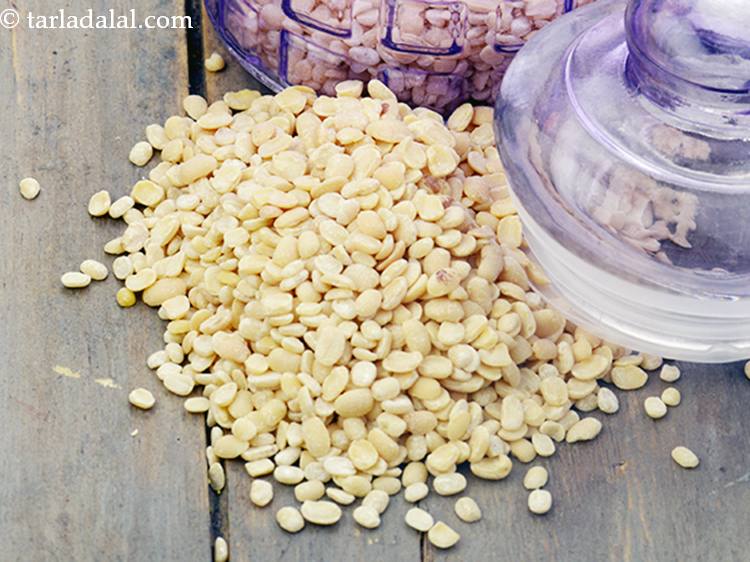
![]()
-
Add 1/4 tsp asafoetida (hing). The active compound 'coumarin' helps in managing blood cholesterol and triglyceride levels. Asafoetida is known to have anti-bacterial properties, which helps to keep asthma at bay. Asafoetida is an age-old remedy for bloating and other stomach problems like flatulence. The best solution is to gulp down little hing with water or dissolve it in water and sip it. It can also be used along with curd or almond oil as a hair mask. It helps to prevent dryness of hair and smoothen as well as strengthen hair.
-4-191332.webp)
![]()
-
Add 6 curry leaves (kadi patta). Curry leaves have antioxidant, antimicrobial and anti inflammatory properties and is thus used widely in Ayurvedic medicines. Its antioxidant action helps to scavenge the harmful free radicals from the body and protect the health of our organs. These antioxidants may also show cancer preventive benefits. Curry leaves also aid in digestion and thus one can chew curry leaves when having a tummy ache. Some scientific research has shown that inclusion of curry leaves is beneficial for people with diabetes by stimulating insulin producing cells. It helps in skin care too. Intake of curry leaves can promote clear and healthy skin as well as promote hair growth and prevent hair fall. They are a fair source of Vitamin A (promotes vision) and calcium (promotes bone health) too.
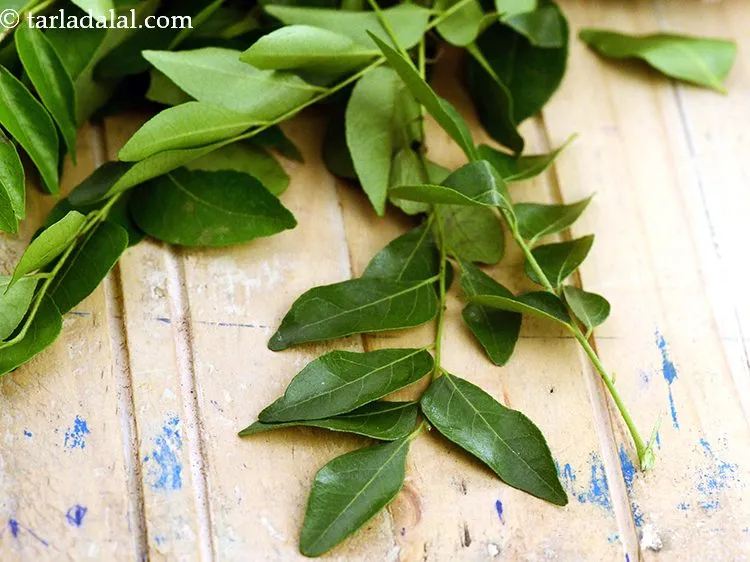
![]()
-
Sauté on a medium flame for 1 minute.
-6-191332.webp)
![]()
-
Pour the tempering over the rice mixture and mix well.
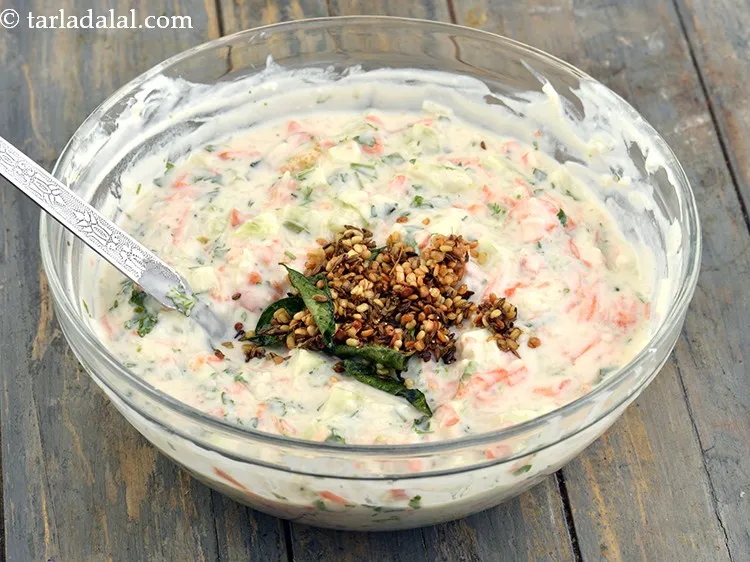
![]()
-
Serve cucumber and carrot curd rice recipe | Indian carrot cucumber curd rice | South Indian curd rice with carrot immediately.
-8-191332.webp)
![]()
-
For the cucumber and carrot curd rice recipe | Indian carrot cucumber curd rice | South Indian curd rice with carrots, heat 1 tsp oil in a non-stick pan.
-
-
Cucumber and Carrot Curd Rice – for acidity.

![]()
- The probiotic nature of curd is known to be soothing to the digestive tract.
- The cumin seeds used in the tempering also aids in digestion.
- We have also used less quantity of rice and more of veggies in this recipe.
- The quantity of green chilli paste is minimal too. If you wish, you can avoid it completely.
-
Cucumber and Carrot Curd Rice – for acidity.
-
-
Ensure that each grain of cooked rice is separate to enjoy its mouthfeel.
-7-191338-1-192522.webp)
![]()
-
For those who suffer from extreme acidity, we suggest you avoid the use of green chilli paste.
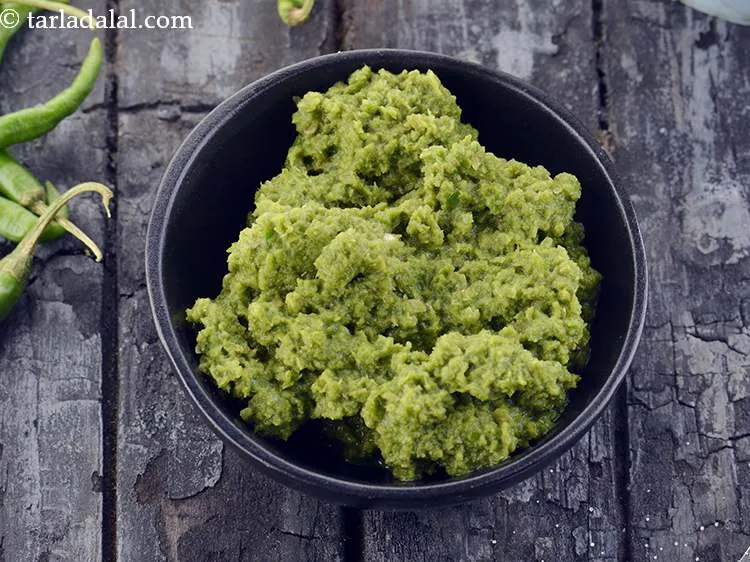
![]()
-
Ensure that the curd is fresh, as sour curd can aggravate acidity.
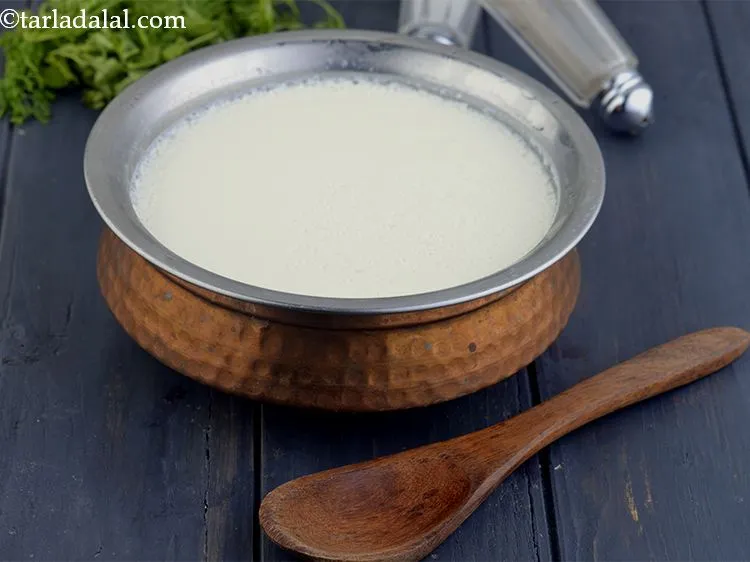
![]()
-
If you wish, you can refrigerate this rice and serve it later.
-4-192522.webp)
![]()
-
Ensure that each grain of cooked rice is separate to enjoy its mouthfeel.
Nutrient values (Abbrv)per plate
| Energy | 161 cal |
| Protein | 5 g |
| Carbohydrates | 17 g |
| Fiber | 2.6 g |
| Fat | 6.3 g |
| Cholesterol | 12 mg |
| Sodium | 28 mg |
Click here to view Calories for Cucumber and Carrot Curd Rice
The Nutrient info is complete

Anil Mali
March 13, 2025, midnight

Foodie #569108
March 13, 2025, midnight

Foodie #616621
March 13, 2025, midnight
good one.You can add lattuce iceberg leaves as well with ghee tadka

n_katira
March 13, 2025, midnight
Simple recipe but was quiet tasty. The proportion of rice is less as compared to veggies but I guess that''s probably to soothe the stomach. The veggies gave a very nice crunch and mouthfeel and the chillies were also tolerable.

Elizabeth
March 13, 2025, midnight

Tarla Dalal
March 13, 2025, midnight
Elizabeth, glad you liked the recipe. Thanks for the feedback.

Manghi
March 13, 2025, midnight
Easy to make healty n tasty

Rukiya
March 13, 2025, midnight


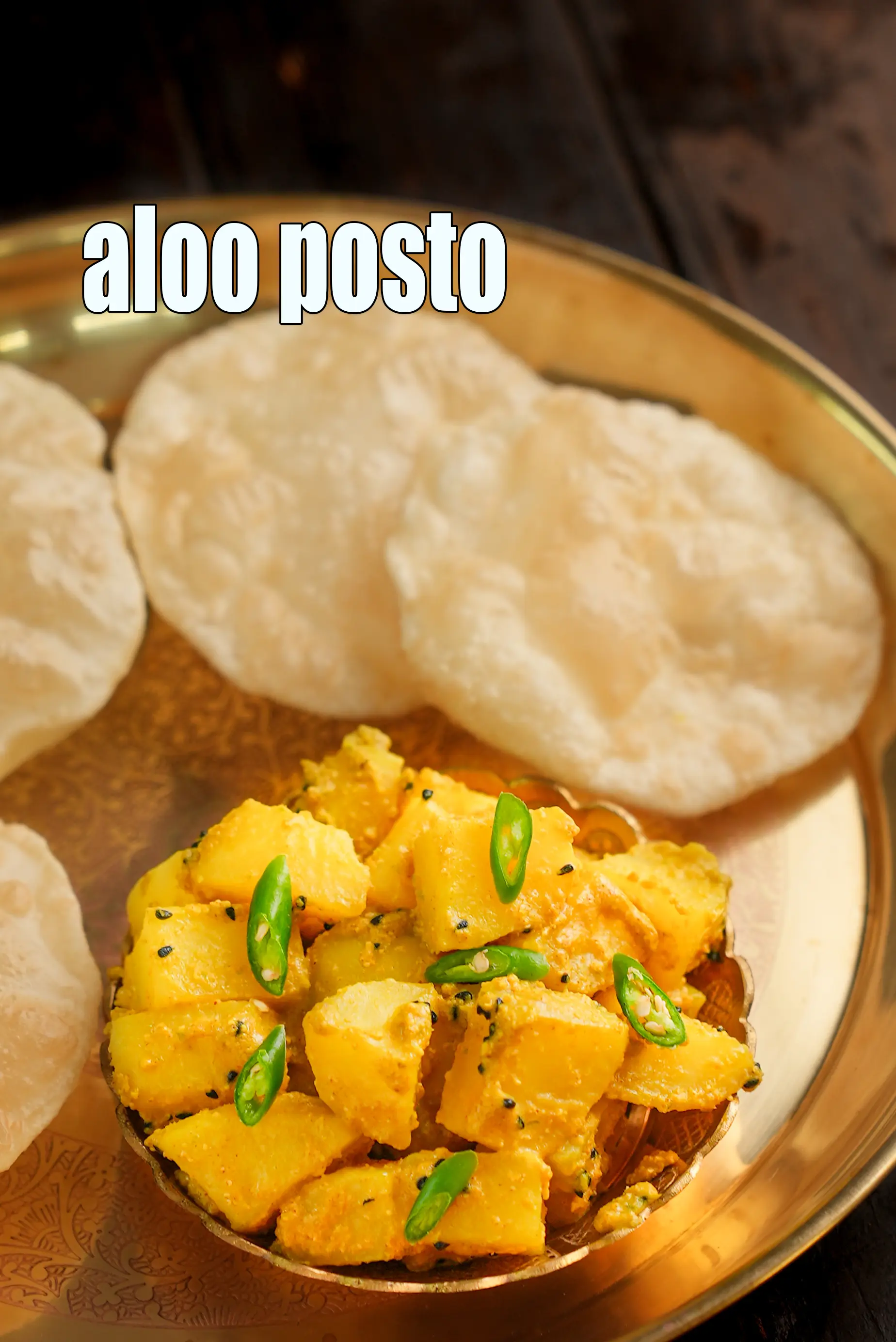
-12757.webp)
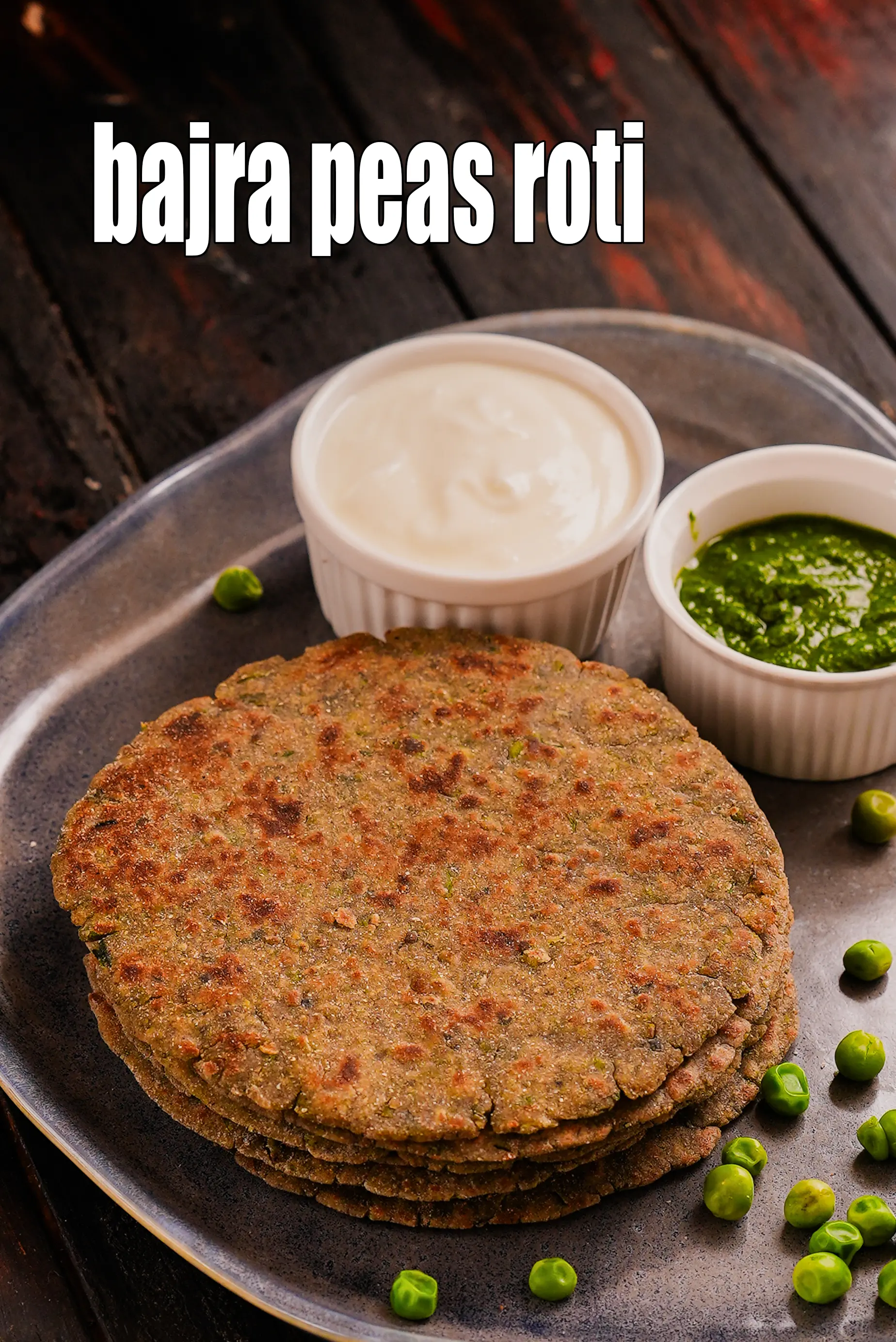


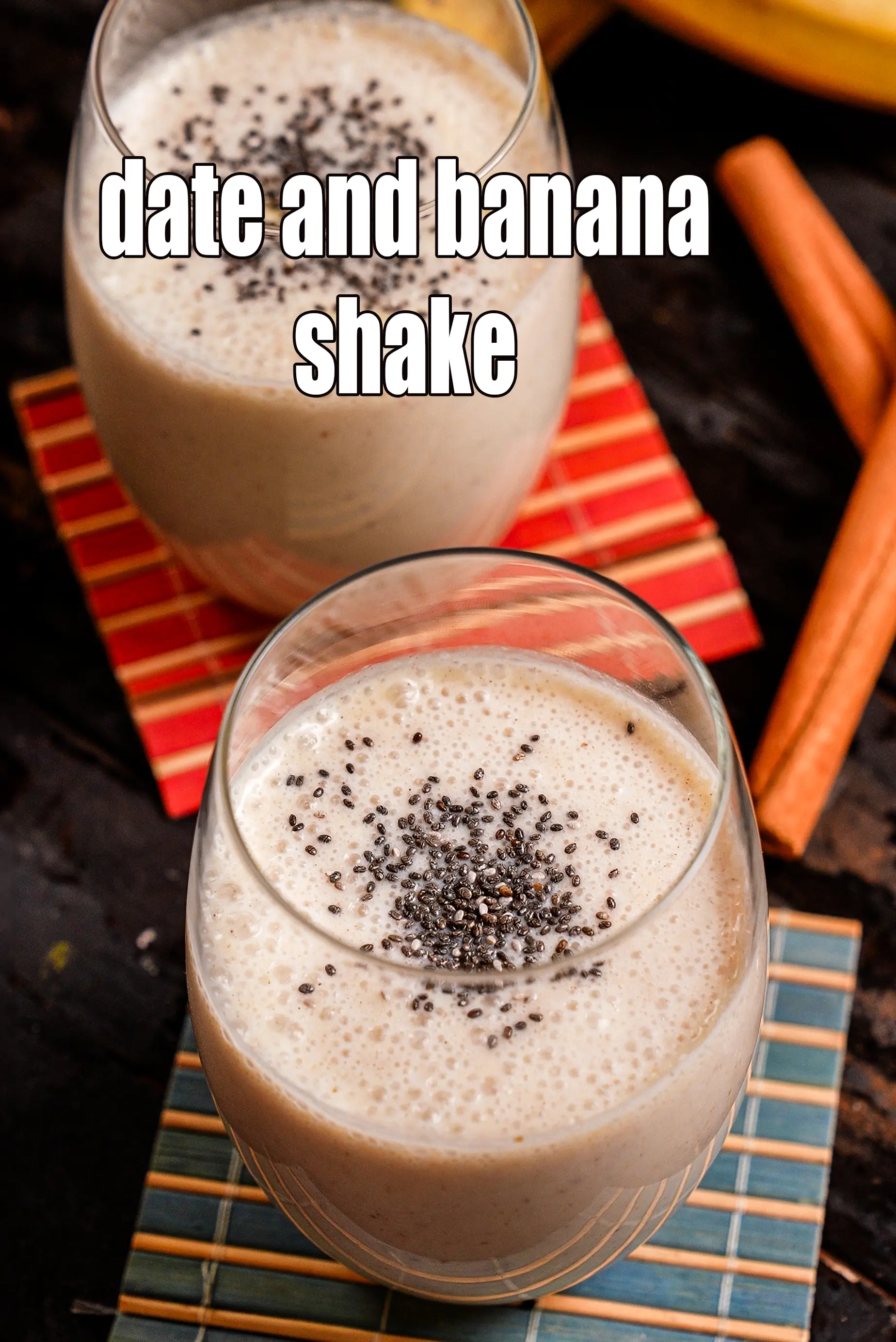
-9886.webp)
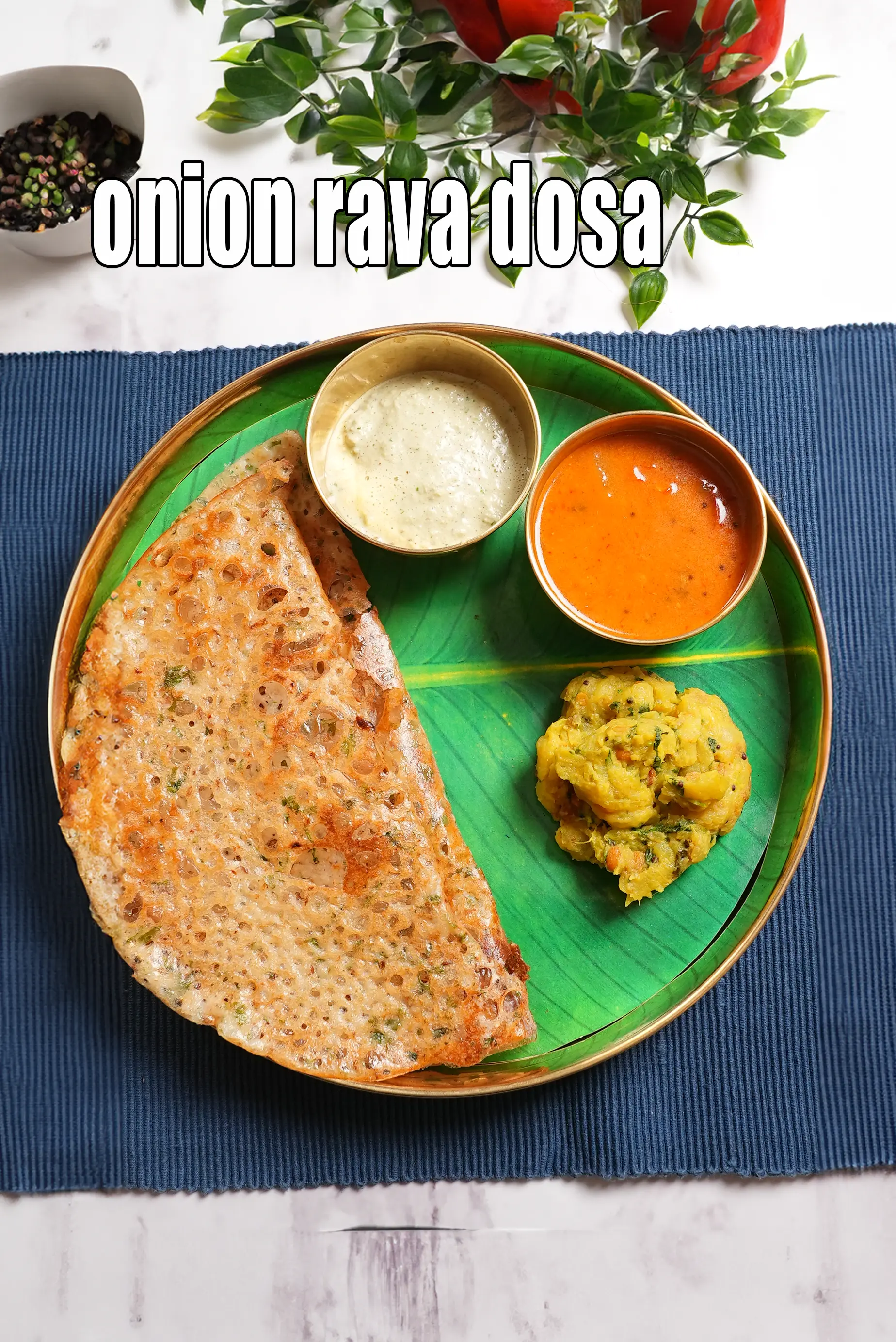
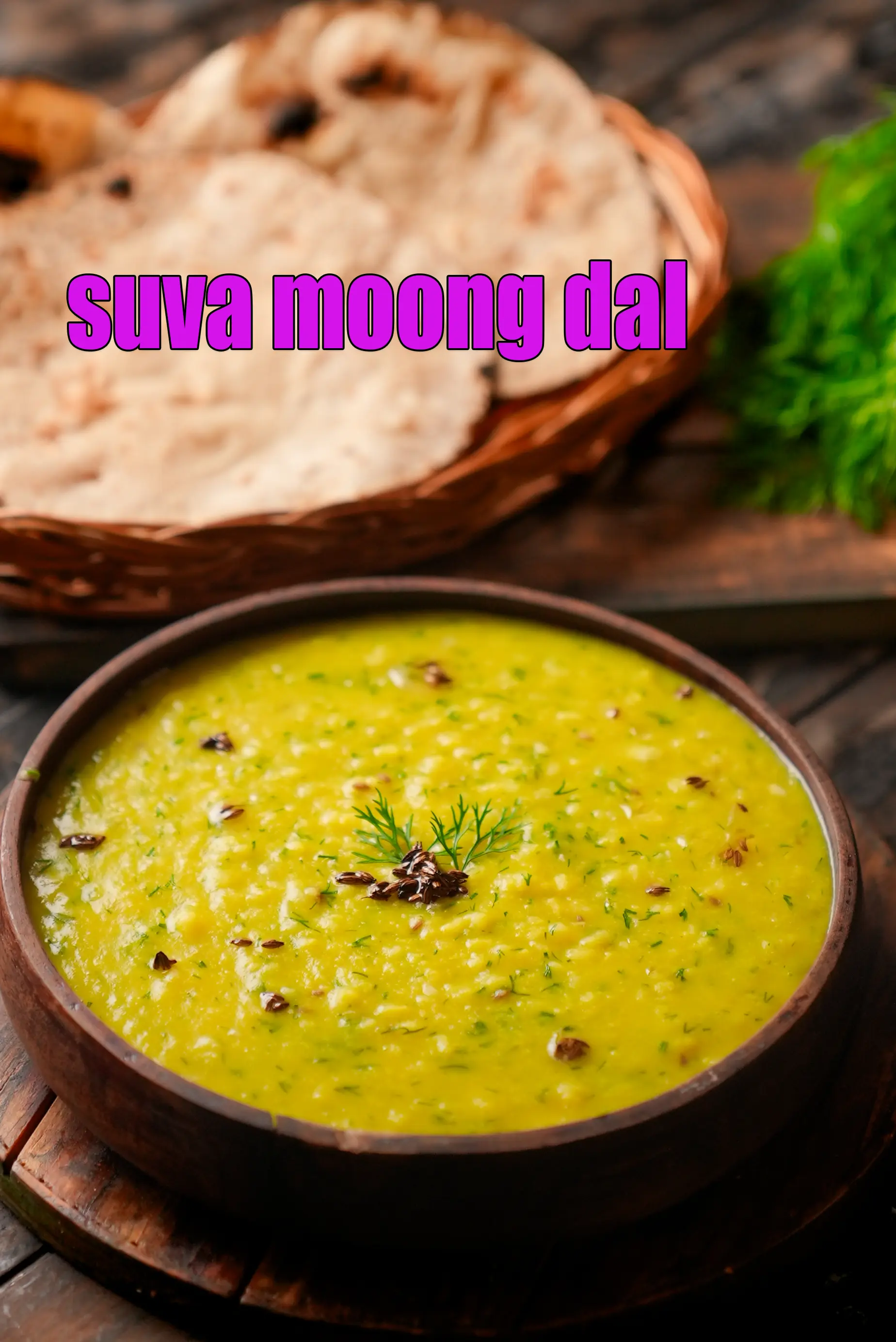
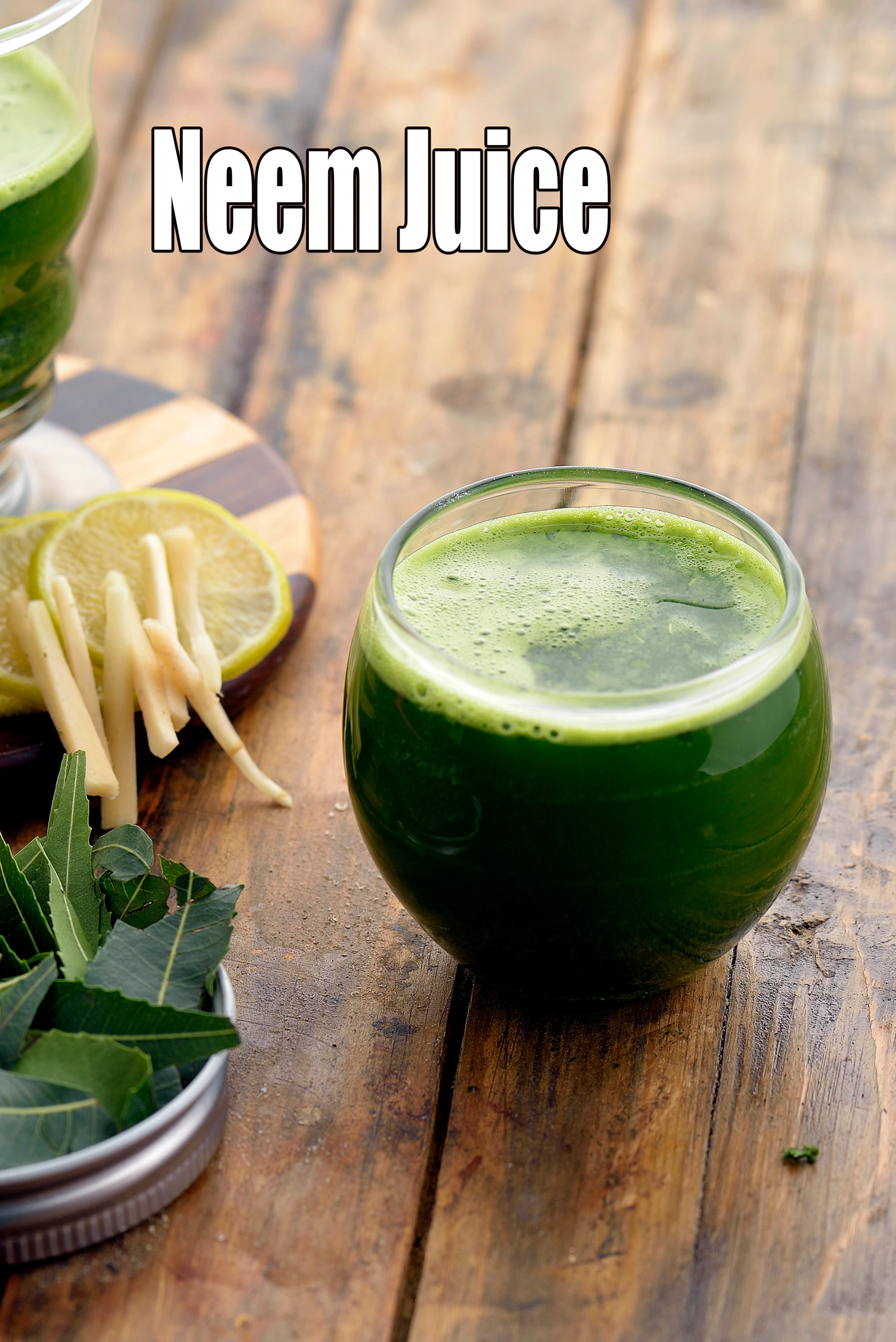
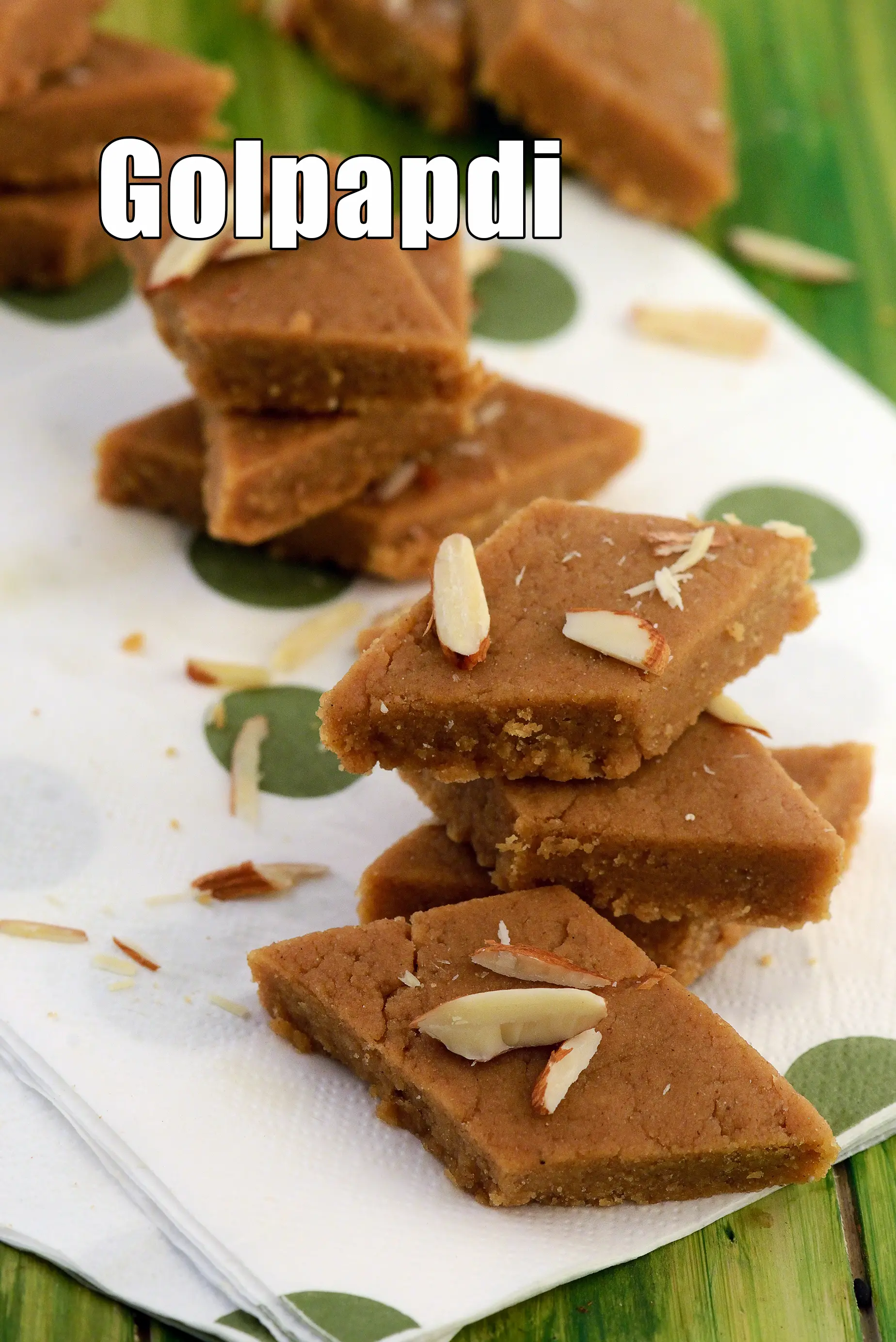

-10876.webp)
